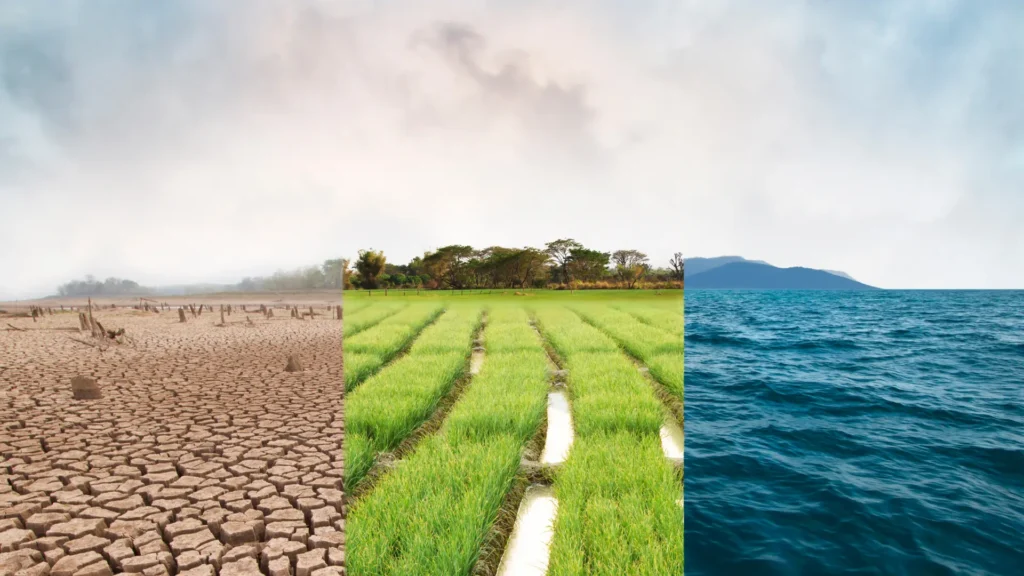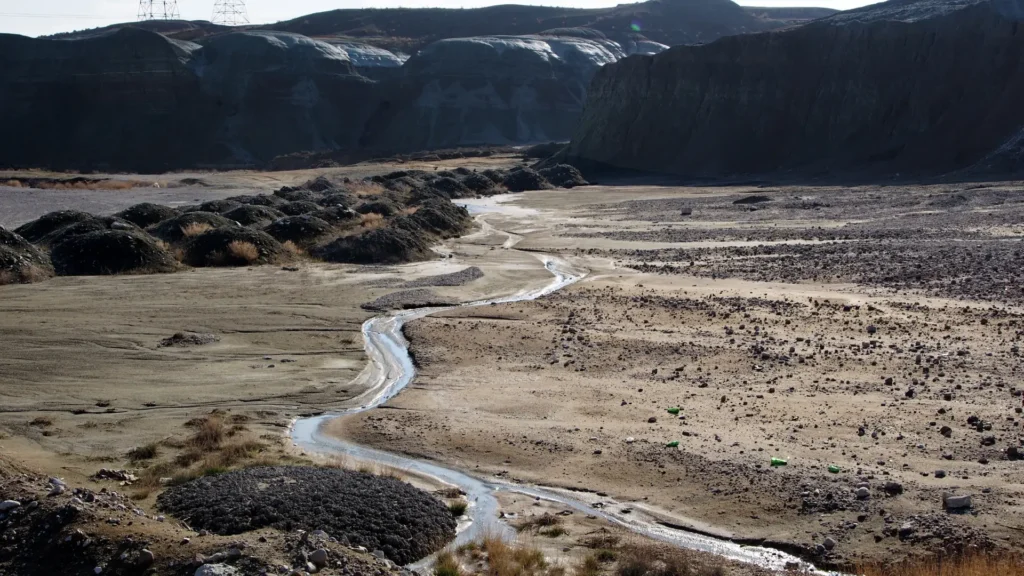Water, the elixir of life, has emerged as a defining challenge for urban centres worldwide. Outside Bengaluru, cities face the daunting challenge of water insecurity, dealing with a mix of environmental, social, and economic issues. Whether nestled in the Amazon’s greenery or amidst the Sahara’s dry stretches, communities are united in their struggle to secure this most precious resource. Understanding the difficulties of water insecurity, exploring contributing factors, and embracing innovative solutions are pivotal steps towards a sustainable future.
Understanding Water Insecurity in Bengaluru
Once known as the “Garden City,” Bengaluru’s water woes stem from a complex interplay of factors. The rapid expansion of the city, uncontrolled industrial development, and insufficient infrastructure have drastically altered Bengaluru’s water situation. The ironic lakes, once the pride of the city, now suffer from pollution and depletion due to rapid urbanisation and neglect. Moreover, unpredictable rainfall patterns, worsened by climate change, add to the city’s challenges, putting residents at risk of both water shortages and contamination.
Factors Contributing to Water Insecurity in Other Cities
Although circumstances vary, the fundamental issues contributing to water insecurity are remarkably alike worldwide. Climate change plays a significant role, causing temperatures to rise and rainfall patterns to become unpredictable. Population growth, especially in cities, heavily burdens already limited water sources. Ageing infrastructure, pollution of freshwater reservoirs, and unsustainable water usage habits worsen the situation.
Explore how our zero liquid discharge solutions can contribute to global water security! Contact Scaleban technology today!
Cities Around the World Facing Water Insecurity
Cape Town, South Africa:
In 2018, Cape Town gained international focus as it neared “Day Zero” – the anticipated day of water depletion. The city’s water emergency, fueled by drought and administrative shortcomings, alerted urban areas globally. Although Cape Town narrowly avoided disaster through strict water conservation efforts, the incident emphasised the vulnerability of water security amidst climate-related uncertainties.
Mexico City, Mexico:
Built on the ruins of the Aztec capital, Mexico City faces a water dilemma influenced by various factors like swift urban expansion, dwindling groundwater levels, and ageing infrastructure. Relying on aquifers for water supply has resulted in land subsidence, escalating the threat of floods and infrastructure deterioration. To tackle Mexico City’s water challenges, comprehensive approaches are essential, focusing on conservation, infrastructure enhancement, and fair access to water resources.
Chennai, India:
Like Bengaluru, Chennai, India’s fourth-largest city, has been thrust into the spotlight due to recurrent water crises. In 2019, Chennai faced an acute water shortage, leaving millions parched and highlighting the perils of unchecked urbanisation and erratic monsoons. The crisis underscored the urgent need for sustainable water management practices, decentralised solutions, and community engagement to bolster resilience.

Finding Solutions: Beyond Just Technology
There’s no silver bullet, but innovative solutions are emerging. While technology offers hope, effective water management requires a multi-pronged approach. Here are some key areas:
Investing in Infrastructure: Upgrading leaky pipes and outdated water systems are essential to minimise water loss. Embracing various zero liquid discharge technologies can also play a crucial role in recycling and reusing wastewater, reducing strain on freshwater sources.
Sustainable Urban Planning: Sustainable urban planning is fundamental to building resilient cities. Incorporating green infrastructure such as parks, rain gardens, and permeable surfaces in urban design supports groundwater replenishment and effective stormwater control. Integrating principles of zero liquid discharge into city planning enables prioritisation of water reuse and reduction of untreated wastewater discharge into water bodies, fostering environmental sustainability.
Explore how our zero liquid discharge solutions can contribute to global water security! Contact Scaleban technology today!
Collaboration is Key: A United Front Against Water Insecurity
The challenge of water insecurity is not one for individual cities to face alone. International collaboration, knowledge sharing, and investment in research and development are crucial. By working together, we can build a more water-secure future for cities around the world.
The worldwide water scarcity issue serves as a clear reminder of the importance of valuing this essential resource. Embracing a comprehensive strategy that integrates technological progress, sensible water management, and dedication to conservation can guarantee sufficient water access for every urban area. Let’s use Bengaluru’s experiences as a catalyst for change, motivating a global effort towards ensuring water security for everyone.
